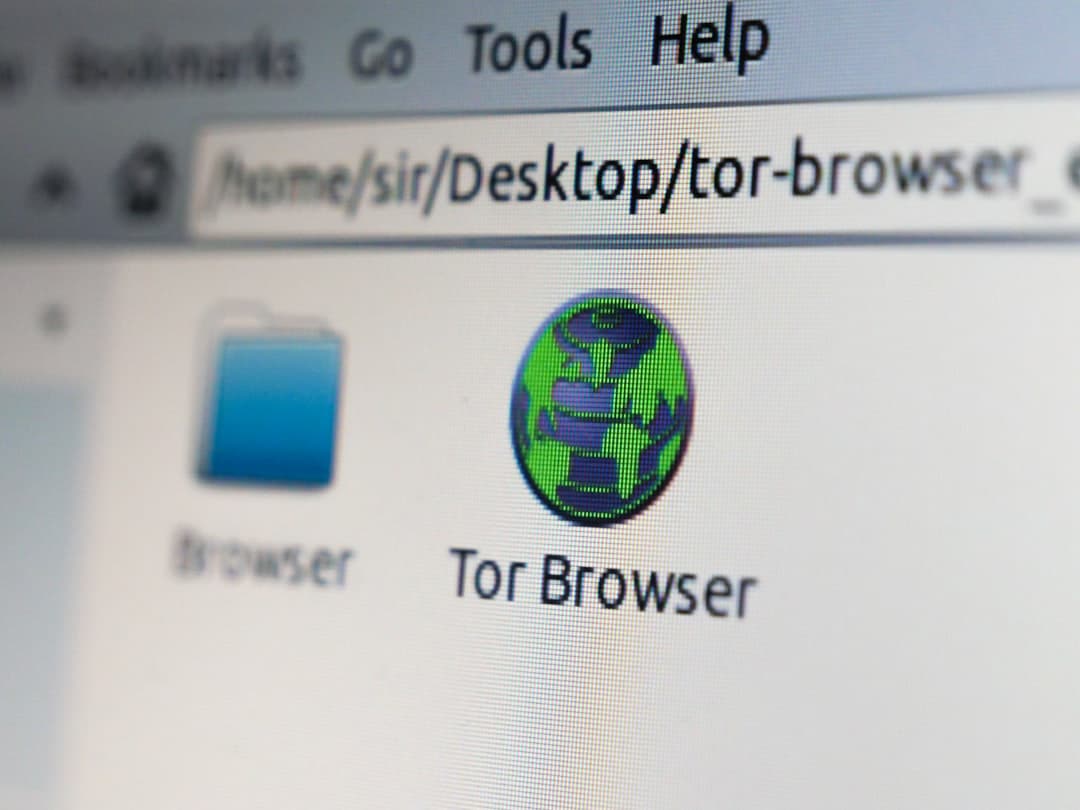As the popularity of cryptocurrencies continues to grow, the importance of secure and feature-rich crypto wallets has never been more critical. For individuals and businesses venturing into the digital currency space, choosing the right crypto wallet or hiring a reliable crypto wallet development company is a key decision. With numerous development firms offering their services, comparing them based on security, features, and cost becomes essential. This article dives into how to evaluate crypto wallet development companies across these vital criteria to help you make an informed decision.
Contents
Understanding Crypto Wallets: A Quick Primer
A crypto wallet is a digital tool that enables users to store and manage their cryptocurrencies securely. Wallets can be categorized into two major types:
- Hot Wallets – Connected to the internet, offering greater convenience but potentially less secure.
- Cold Wallets – Offline wallets offering high security, often used for long-term storage.
Wallets can also be divided into software and hardware wallets, with software versions including desktop, mobile, and web apps. The development process for each wallet type can differ significantly based on desired features and the security standards required.
Comparing by Security: A Non-Negotiable Priority
In the world of crypto, security is paramount. When evaluating wallet development companies, it’s critical to understand their security protocols and practices. Here are some factors to consider:
- Encryption Standards: Look for companies that implement end-to-end encryption, AES-256, or similar military-grade cryptographic security.
- Multi-Signature Support: Some wallets require multiple private keys to authorize a transaction, dramatically boosting protection against unauthorized access.
- Two-Factor Authentication (2FA): Essential for protecting wallet access through an additional security layer.
- Backup and Recovery Options: Robust systems for backup and retrieval help protect against data loss or theft.
- Compliance: Companies should comply with regulations like KYC (Know Your Customer) and AML (Anti-Money Laundering) where applicable.
An example of a highly secure development company is BitGo, known for its multi-signature wallets and institutional-grade security protocols. Another is Ledger, although mainly hardware-focused, which also offers enterprise wallet development services with impactful security measures.

Feature Set: What Makes a Wallet Stand Out?
Beyond security, the functionality of a crypto wallet plays a significant role in determining its value. The more advanced and user-friendly the features, the better the experience for end users. Leading development companies often provide capabilities such as:
- Multi-Currency Support: A wallet that can store multiple types of cryptocurrencies is far more versatile.
- Cross-Platform Compatibility: Accessing the wallet through mobile apps, web browsers, and desktop applications increases usability.
- QR Code Scanning: Facilitates easy and quick transactions for both payments and receipts.
- Real-Time Push Notifications: Inform users of every activity, increasing transparency and security.
- Fiat Integration: Some companies offer wallets that allow direct purchase or exchange of crypto using fiat currency.
- Built-In Exchange Services: Integrated exchanges allow users to swap tokens within the wallet interface itself.
Companies like Trust Wallet and Exodus have established themselves by offering sleek, feature-rich wallets that appeal to both beginners and advanced users. Trust Wallet, in particular, supports a wide variety of coins and tokens and integrates seamlessly with DeFi platforms.

Cost Considerations: What You Pay for and Why
Cost is a significant factor when choosing a crypto wallet development company, particularly for startups and small businesses. Wallet development prices vary depending on feature complexity, security demands, and customization levels.
Basic wallets with limited functionality can cost anywhere from $10,000 to $30,000. These might include one or two types of digital currencies, limited security features, and simple user interfaces. On the other hand, a custom multi-functional wallet with high-end encryption, cross-platform support, and DeFi integration could range from $50,000 to over $200,000.
Many companies also offer white-label solutions—pre-built wallets that can be branded and tweaked slightly to suit different clients. These are cheaper and faster to deploy but less customizable. Firms such as HashCash Consultants and OpenLedger offer white-label crypto wallet packages that attract clients on a budget.
Here’s a basic cost comparison of some prominent companies:
| Company | Estimated Cost | Target Market |
|---|---|---|
| BitGo | $100,000+ | Enterprises, Institutions |
| HashCash Consultants | $20,000–$50,000 | Startups, SMEs |
| OpenLedger | $15,000–$40,000 | Businesses, Crypto Platforms |
| ChromaWay | $50,000–$120,000 | Government, Enterprises |
Client Support and Maintenance Services
Development doesn’t end with wallet deployment. Reliable development companies provide long-term support and maintenance services that include updates, bug fixes, and cybersecurity patches. This is especially valuable in the rapidly changing crypto landscape where regulations, compliance needs, and user expectations evolve continually.
Some firms go a step further by offering consultation services or even managing the full infrastructure if hosted wallets are involved. Choosing a wallet development company with a strong post-deployment reputation can save you countless hours and costs in the future.
Making the Final Decision: What to Prioritize
When comparing crypto wallet development companies, keep these criteria in mind:
- Security Comes First: Look for advanced protocols, certifications, and proven cyber-resilience.
- Evaluate Feature Set: Make sure the features align with your business use case, whether it’s retail, trading, or savings.
- Cost vs Value: Don’t just pick the cheapest option—assess whether the features and quality justify the price tag.
- Check Client Testimonials: Honest feedback from other clients provides insights into professionalism and reliability.
- Post-Launch Support: Confirm the company offers long-term services and is active in maintaining their product.
If you are a startup, opting for a white-label or mid-tier customized solution might be a smarter route. However, institutions dealing with high volumes and sensitive data should prioritize maximum security and compliance, even at a higher cost.
Conclusion
The market for crypto wallets is increasingly competitive, reflecting both its growth and its challenges. Whether you’re entering the DeFi market, launching a crypto exchange, or building a blockchain-based app, choosing a wallet development partner is a foundational decision. Consider the blend of security, features, and cost before finalizing your choice. Remember that in the crypto world, reliability and safety are just as important as innovation and design.
By understanding your needs and matching them to the capabilities of development companies, you can ensure your crypto wallet not only performs but does so securely and sustainably in an ever-evolving digital ecosystem.

